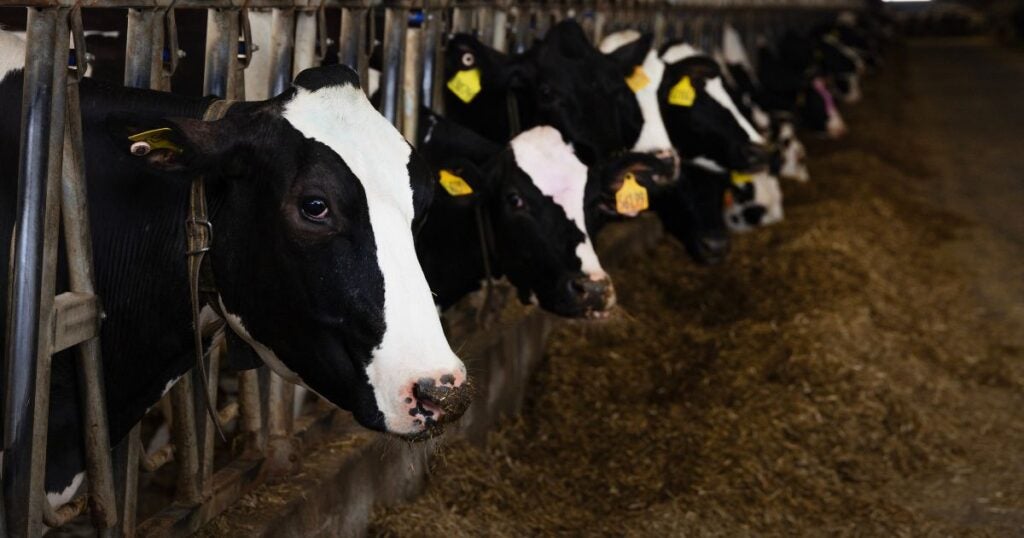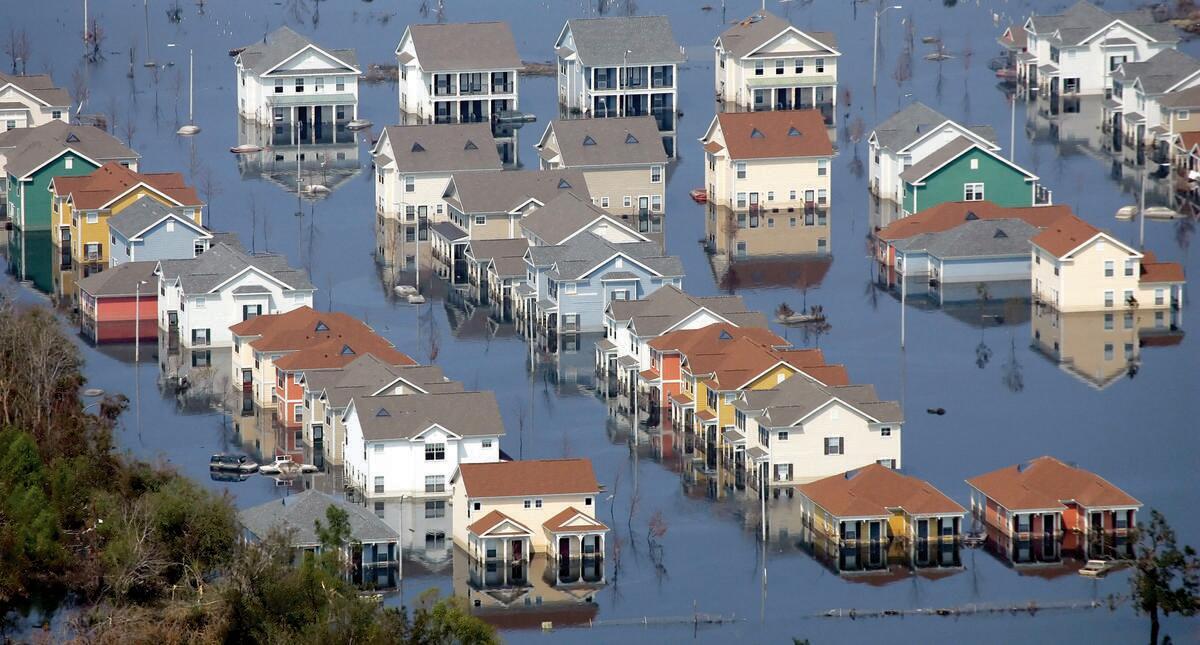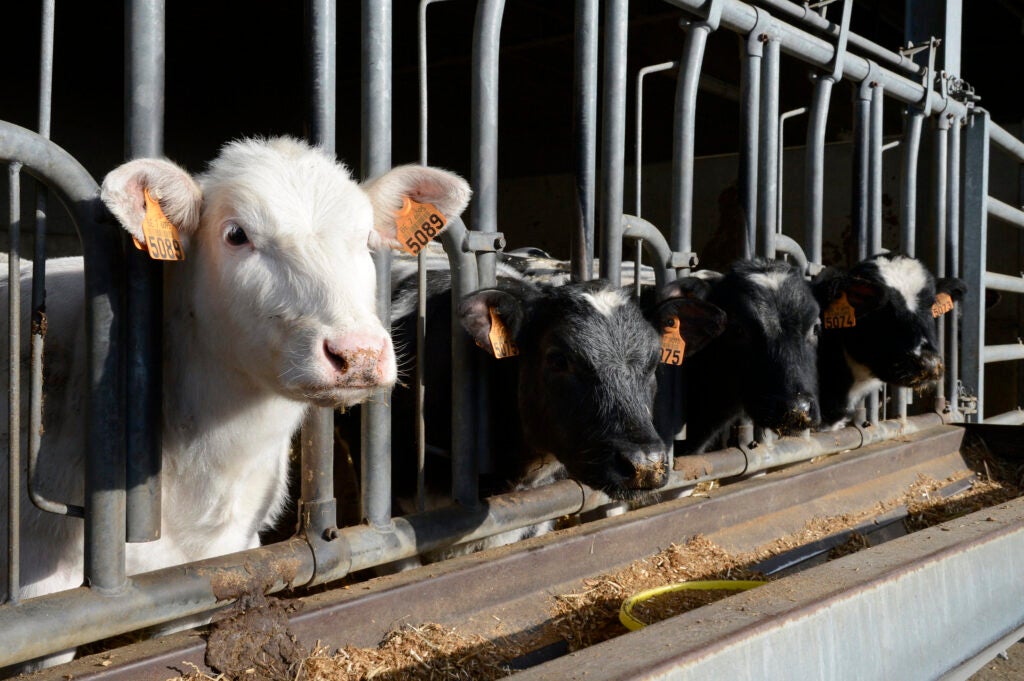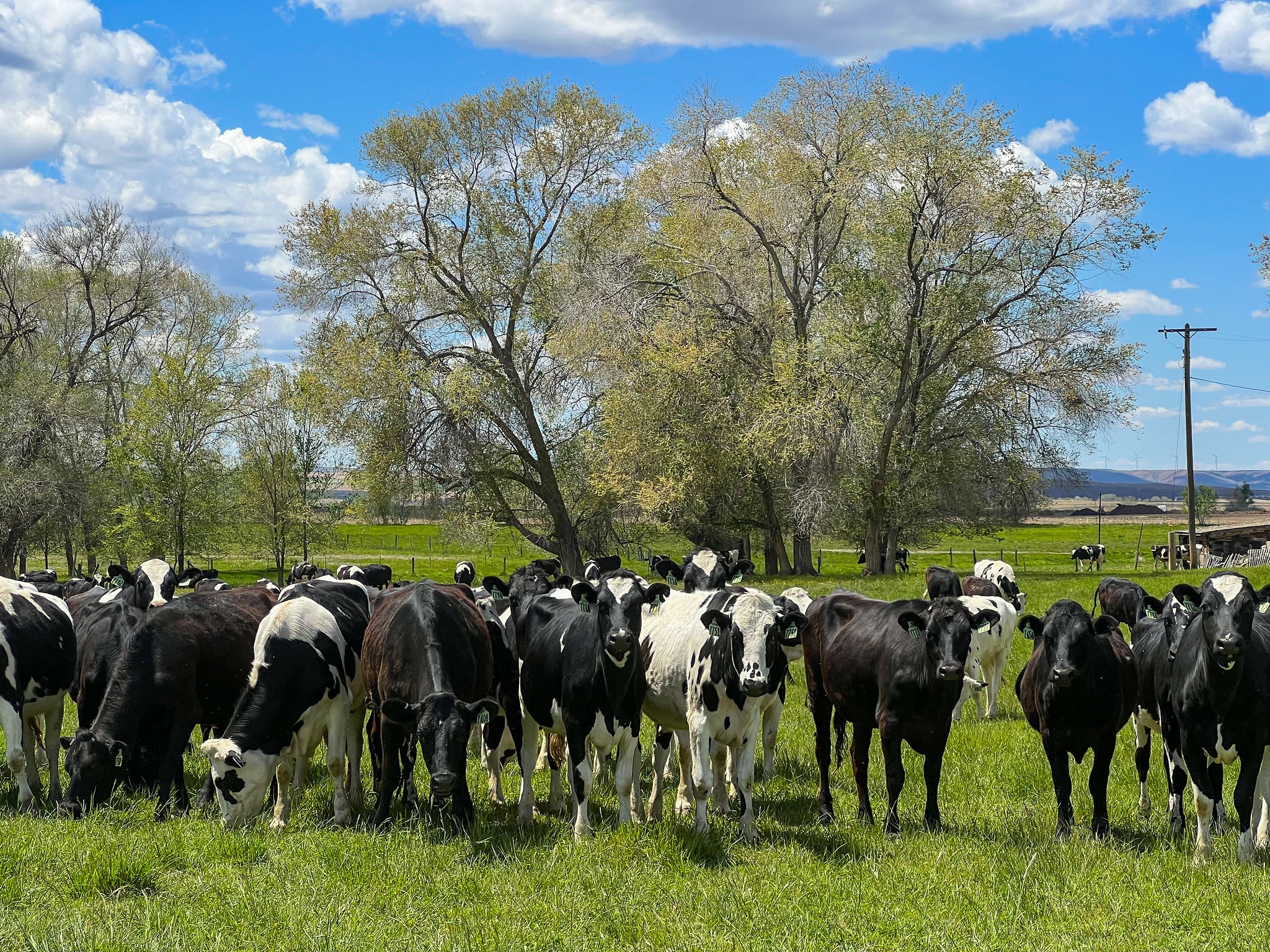Co-authored by: Anushi Garg and Linda Shi
Anushi is the senior analyst for Environmental Defense Fund’s Climate Resilient Coasts & Watersheds program in New York-New Jersey. Linda is the associate professor for Department of City and Regional Planning at Cornell University.
New York City, like many cities, is simultaneously facing a housing affordability crisis and the impacts of climate change. As the city responds to these complex, interlinked challenges, it is critical to find solutions that ensure all New Yorkers have access to housing that is affordable and adapted to a changing climate.
Unfortunately, cooperative housing, also known as co-ops, lacks access to many public sources of climate adaptation and disaster recovery funding, despite making up more than 12% of the city’s housing stock. Co-ops have a unique ownership model, one where residents have shares in a corporation that owns the building, as well as a proprietary lease tied to their unit, rather than a property title. This model helps preserve long-term affordability, but can also prevent co-ops from accessing resources geared towards housing that is owned by an individual.
To support affordable multi-family co-ops, Environmental Defense Fund, Urban Homesteading Assistance Board (UHAB) and Cornell University released An Assessment of NYC Cooperative Housing’s Climate Vulnerability and Barriers to Adaptation. This report, based on a mapping assessment, a first-ever survey of co-ops and a policy review, looks at climate impacts on permanently affordable co-ops in New York City and encourages more responsive and equitable policies. Read More »














